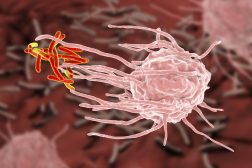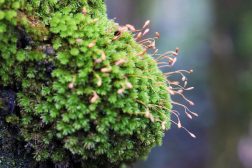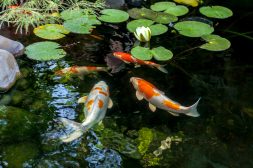Definition
noun
A nonapeptide that is vasoactive causing blood vessels to dilate
Supplement
Bradykinin is a type of kinin. It is produced in the tissue and a potent vasodilator. It increases the permeability of post capillary venules. It acts on the endothelial cells and activate phospholipase A2. It also brings about non-vascular smooth muscle contraction (particularly in the bronchus and gut). It is also involved in pain metabolism. It is a nonapeptide since it is comprised of nine amino acid residues. Its amino acid sequence is Arg – Pro – Pro – Gly – Phe – Ser – Pro – Phe – Arg. It is very similar to kallidin in having the same sequence but with an additional N terminal lysine. It is formed through kinin-kallikrein system wherein the action of proteases on kininogens through the enzyme kallikrein results in the production of bradykinin. In humans, angiotensin-converting enzyme, aminopeptidase and carboxypeptidase N are the regulators involved in the breakdown of bradykinin.
Since bradykinin causes blood vessels to dilate it may also cause the blood pressure to drop particularly when prostacyclin, nitric oxide and endothelium-derived hyperpolarizing factor are subsequently released.
A rare disease, hereditary angioedema, is believed to be associated with the overactivation of bradykinin.1
Molecular formula:
- C50H73N15O11
See also:
Reference(s):
1 Bas M, Adams V, Suvorava T, Niehues T, Hoffmann TK, Kojda G (August 2007). “Nonallergic angioedema: role of bradykinin”. Allergy 62 (8): 842–56.







